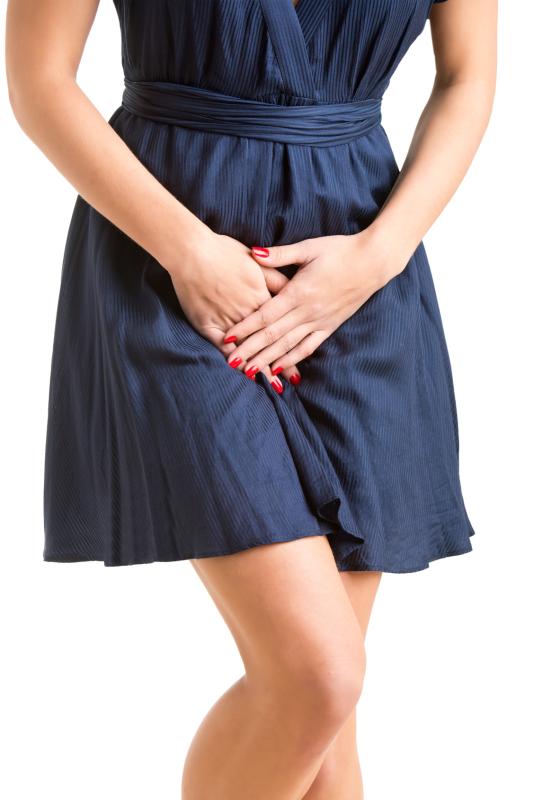
Nocturnal bladder symptoms are not the primary cause of poor sleep in women with overactive bladder, suggest the results of a recent study.
“Many women with overactive bladder syndrome experience disrupted sleep, but not all nocturnal awakenings are attributable to bladder symptoms, and average sleep quality tends to be poor even in women without nocturia,” the authors said.
An ancillary study was carried out within a randomized trial of slow-paced respiration in women with overactive bladder symptoms. The authors randomly assigned ambulatory community-dwelling women who reported ≥3 episodes/day of urgency-related voiding or incontinence to use either a portable biofeedback device to practice guided slow-paced respiration exercises daily for 12 weeks (n=79) or an identical-appearing device programmed to play nonrhythmic music without guiding breathing (n=82).
The authors assessed bladder symptoms via voiding diary, sleep duration, and disruption via sleep diary corroborated by wrist actigraphy, and determined poor sleep quality using a Pittsburgh Sleep Quality Index (PSQI) global score >5 at baseline and after 12 weeks.
Of the participants, 31 percent reported at least twice nightly nocturia, 26 percent nocturnal incontinence, and 70 percent poor sleep quality at baseline. A total of 123 women reported any night-time awakenings, of whom 89 percent averaged one or more awakenings at night, and 83 percent attributed at least half of these awakenings to using the bathroom.
Increasing frequency of nocturnal bladder symptoms increased self-reported wake time after sleep onset (p=0.01 for linear trend). However, average sleep quality remained poor even among women without nocturia (PSQI global score mean, 7.3, 95 percent confidence interval, 6.0–8.6).
Women in the slow-paced respiration group showed modest improvements in mean nocturnal voiding frequency (0.4 fewer voids/night), sleep quality (1.1-point score decrease), and sleep disruption (1.5-percent decreased wake time after sleep onset) over 12 weeks. Similar improvements, however, were seen among women in the music control group, with no significant differences between groups.
“Guided slow-paced respiration was associated with modest improvements in nocturia frequency and sleep quality in this trial, but the results do not support clinician recommendation to use this technique over other behavioural relaxation techniques for improving sleep,” the authors said.